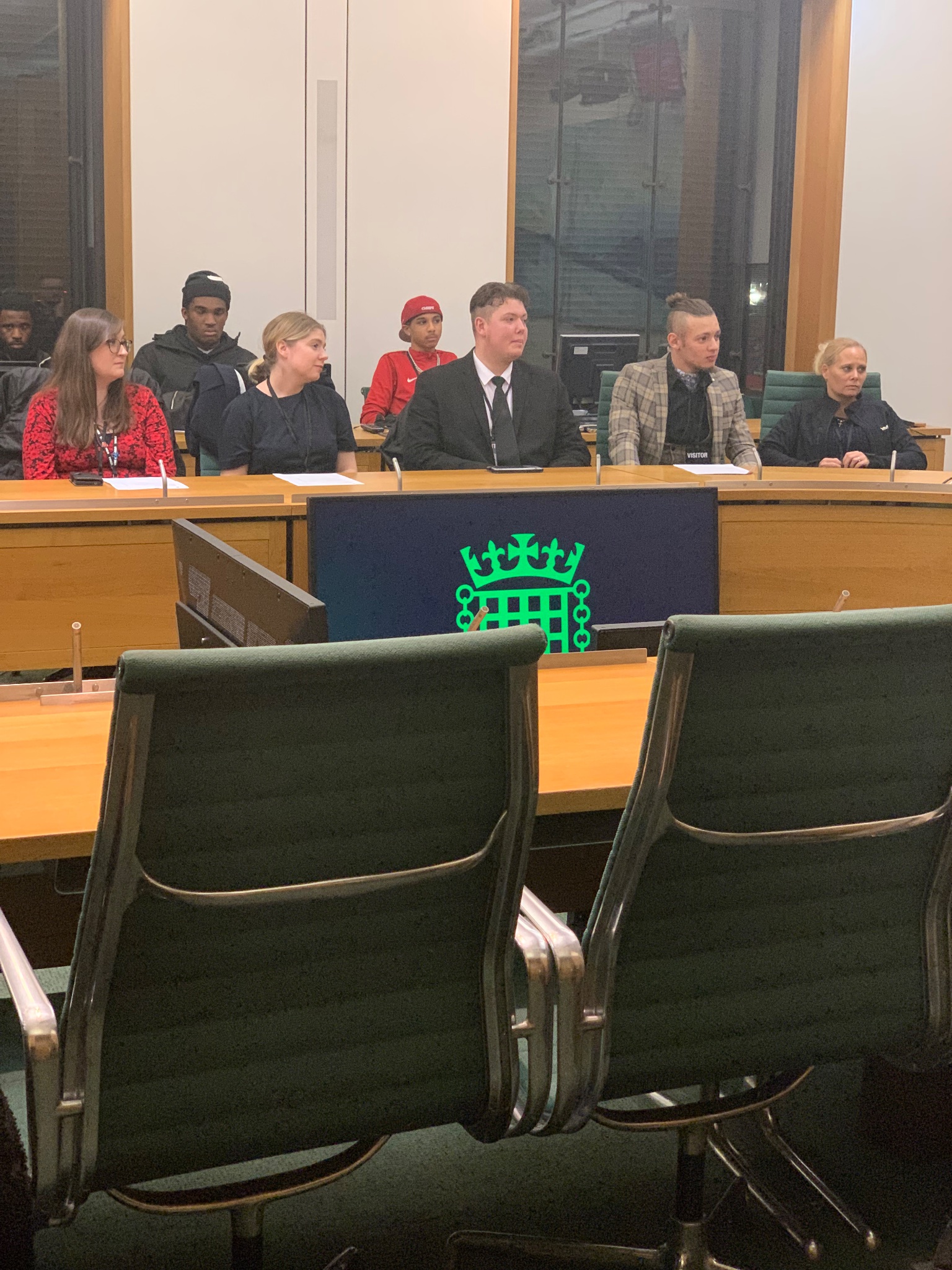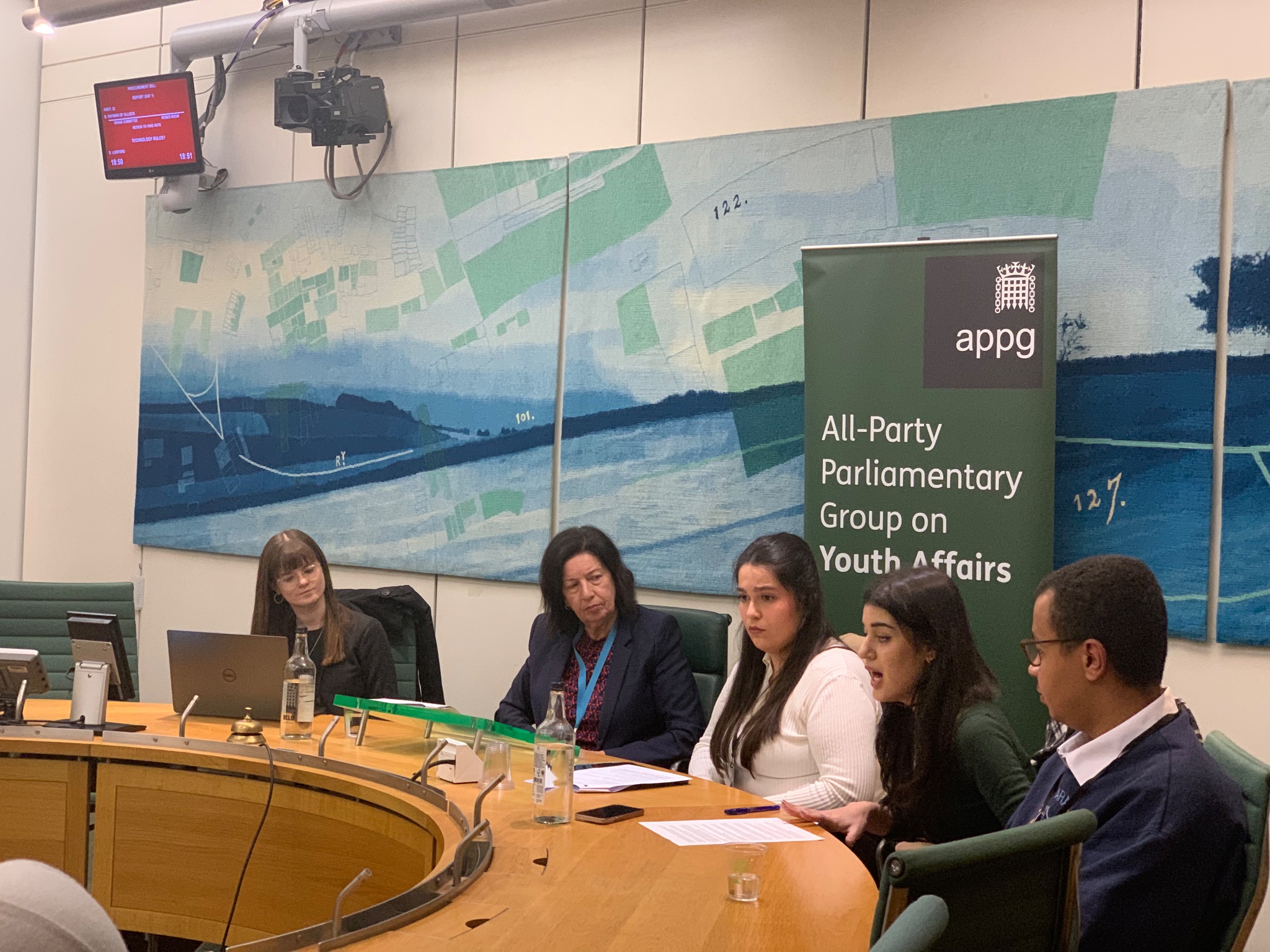MPs call for government action to prepare young people for future employment amidst increasing AI advancements and the race to net zero before it’s too late
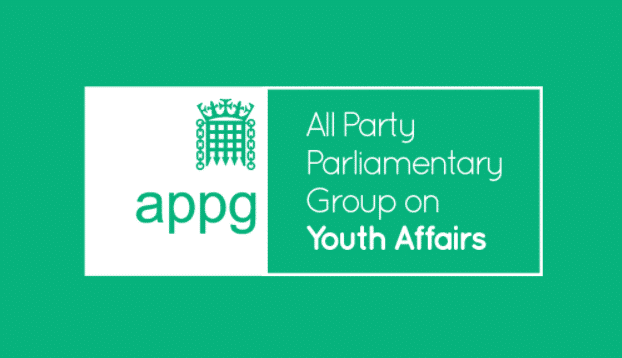
An inquiry by the All-Party Parliamentary Group (APPG) on Youth Affairs revealed that one-third (34%) of young people are concerned that roles they are interested in will be replaced by advancements in Artificial Intelligence (AI). Faced with this uncertain landscape, four in 10 young people said they feel worried about the future of work, and nearly one-third feel unprepared.
As the world of work continues to evolve, Artificial Intelligence has emerged as a formidable force with the potential to disrupt numerous industries. To bridge the skills gap and equip young individuals with the necessary tools to thrive in an uncertain future, MPs warn that government must act swiftly and proactively.
A recent study has estimated that the skills shortage in the United Kingdom alone could cost the country a staggering £120 billion by 2030. This highlights the pressing need for initiatives that address the disparity between the skills required for available jobs and the skill sets possessed by the workforce. Without intervention, this mismatch could lead to diminished productivity and unfilled positions, and, ultimately, a lagging economy.
Recognising the urgency of the situation, this latest report by the APPG on Youth Affairs outlines a new approach to prepare young people for the jobs of the future.

Supporting youth services, and prioritising mental health support for young people are crucial components for success in an ever-changing employment environment.
MPs concluded that a combination of long-term planning for skills development, aligning education with emerging trends, improving apprenticeships, promoting technical education, supporting youth services, and prioritising mental health support for young people are crucial components for success in an ever-changing employment environment.
In addition to advancing uncertainty around AI, developments with renewable energy and climate change mitigation have created further question marks around the future of work. In order to meet the ambitious targets set by the UK government’s Net Zero Strategy, a green workforce is imperative, and with a commitment to the creation of two million green jobs by 2030, MPs have highlighted the work necessary to generate a skilled workforce capable of undertaking these roles.
Therefore, MPs are determined to inspire young people today to pursue green skills and become proficient in areas that contribute to a sustainable future.

Close

"The government must improve its responsiveness to change, considering the numerous challenges faced by young people today."
Jo Gideon MP, Chair of the APPG for Youth Affairs, said:
“The government must improve its responsiveness to change, considering the numerous challenges faced by young people today. The findings of the APPG indicate that these challenges will significantly impact their future careers. Whether it is addressing the skills gap, addressing climate change, increasing youth participation in apprenticeships, or dealing with the dominance of AI in the workplace, the government needs to act swiftly.
“Creating a green workforce is vital for ensuring a sustainable future, and in order to achieve this, it is essential to motivate and inspire young individuals to acquire skills that contribute to the environment and economic growth combined.”
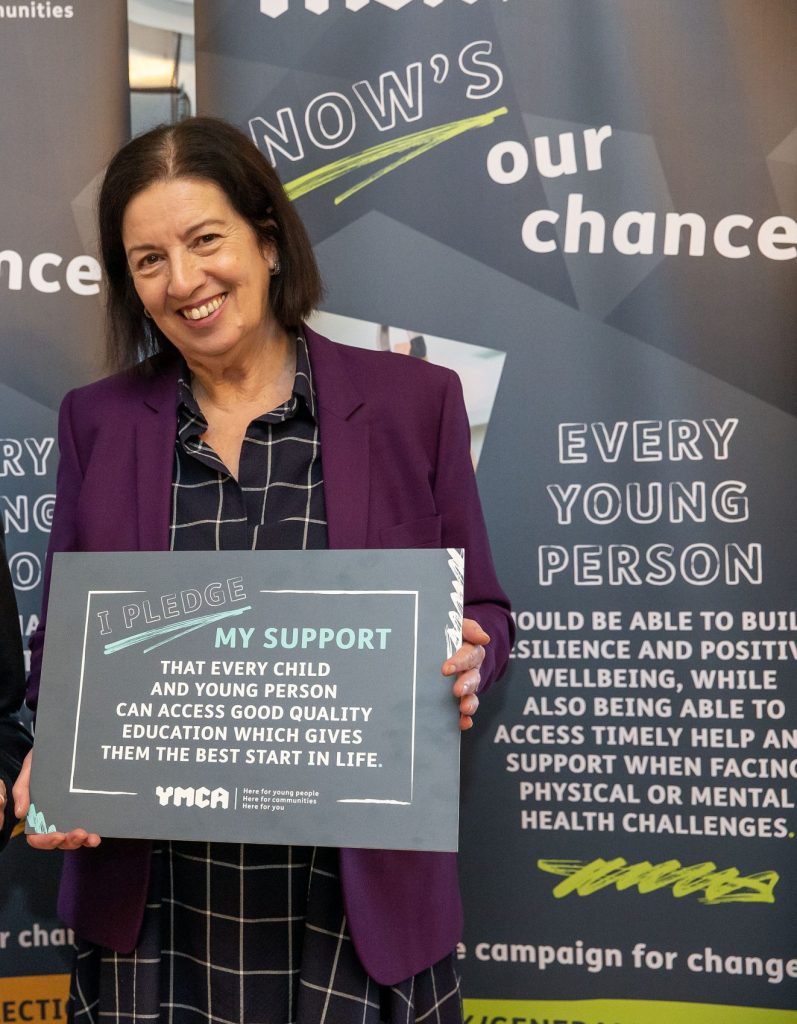
Close
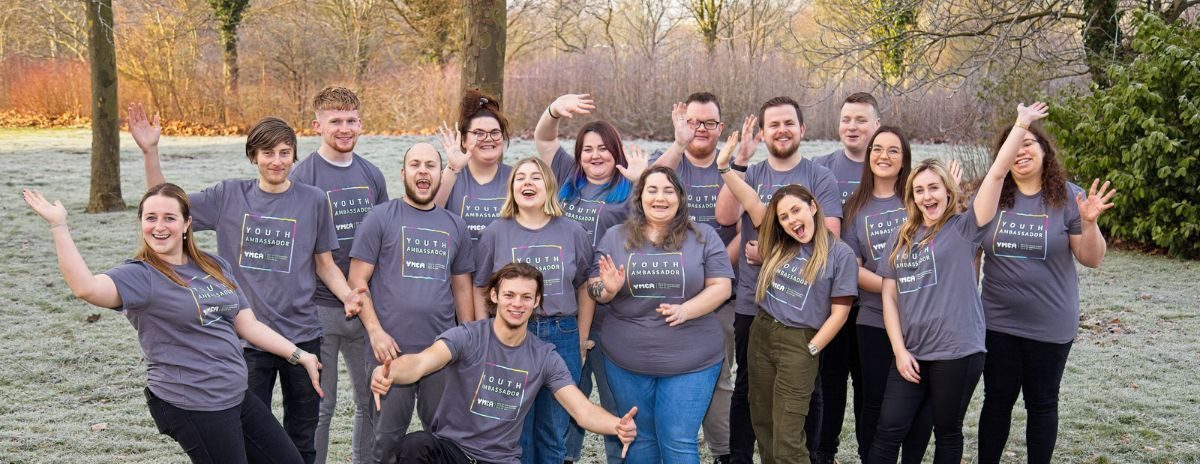
While apprenticeships have traditionally served as a gateway for young individuals to embark on their career journeys, especially those with a more pioneering approach, the number of apprenticeship enrolments is declining.
Recent statistics indicate that under-19s accounted for a mere 28.4% (55,580) of all apprenticeships initiated in 2021/22, leading to a call from MPs to reverse this trend by revitalising the apprenticeship landscape and emphasising the importance of vocational training for young people starting their careers.
The results of the APPG’s inquiry are concerning. Young people exit the education system without feeling adequately prepared for the future workforce. Moreover, businesses have informed the APPG that the current workforce lacks the necessary skills to fulfil their requirements. It is crucial for the government to adopt the report’s suggestions and bridge the gap between education and work. This way, young people can actively participate, make valuable contributions, and prosper in both present and future endeavours.
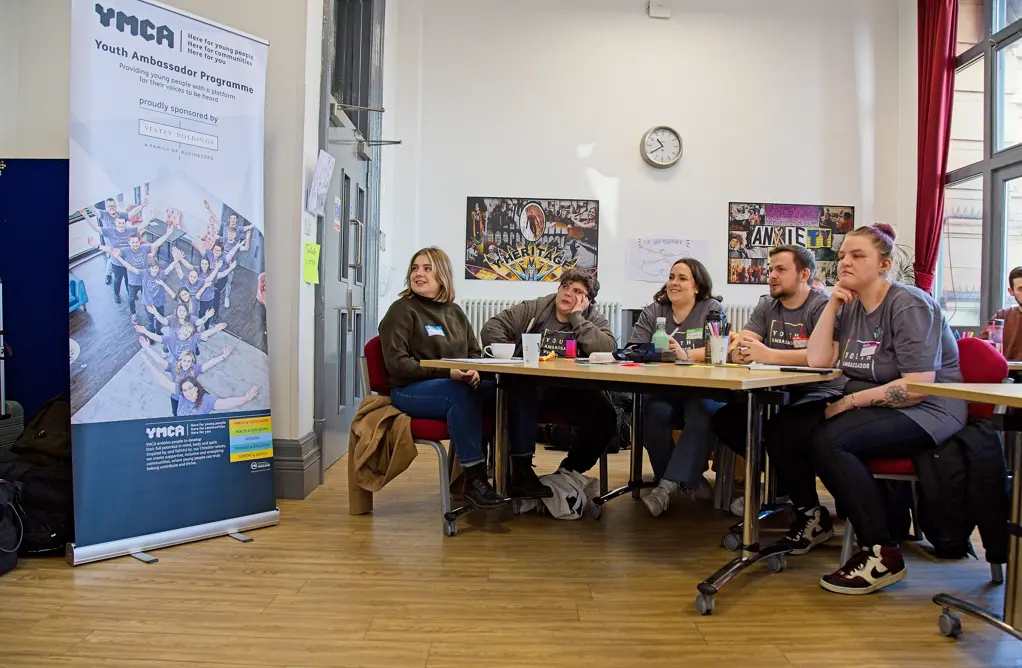
Close
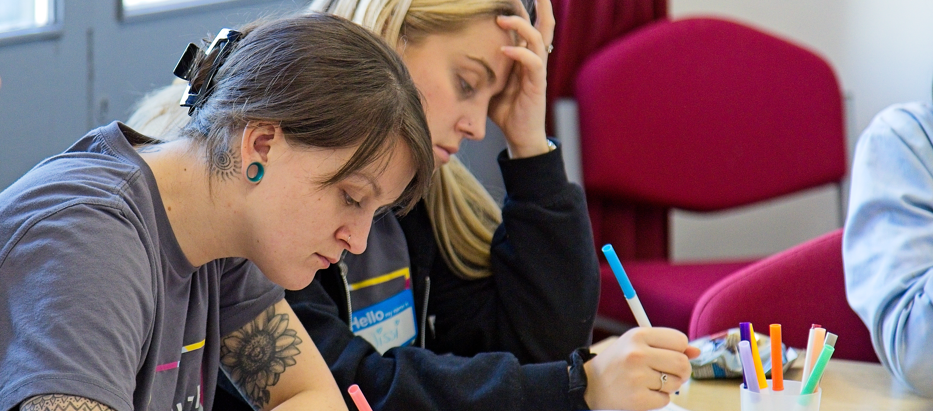
It is crucial for the government to adopt the report’s suggestions and bridge the gap between education and work.
Harriet Noon, YMCA England & Wales Youth Ambassador, said:
Over the past three years, young people have encountered an extraordinary set of challenges: a global pandemic, the soaring cost of living, and a mental health crisis.
“On top of that, there’s the stress and anxiety of entering the workforce, especially in its current state. That’s why the government must demonstrate their support by empowering young people to meet the challenges of their future careers before it’s too late.”

Close
Learn more about The APPG on Youth Affairs
The All-Party Parliamentary Group (APPG) on Youth Affairs was established in 1998 to raise the profile of issues that affect and concern young people, encourage dialogue between parliamentarians, young people and youth services, and encourage a coordinated and coherent approach to youth policy-making. The group currently has around 100 members, drawn from both Houses of Parliament, a current register of officers and members is available on the Parliament website.
YMCA England & Wales and the British Youth Council provide the secretariat for the APPG. The group is supported by an advisory group of experts drawn from organisations that work with young people
